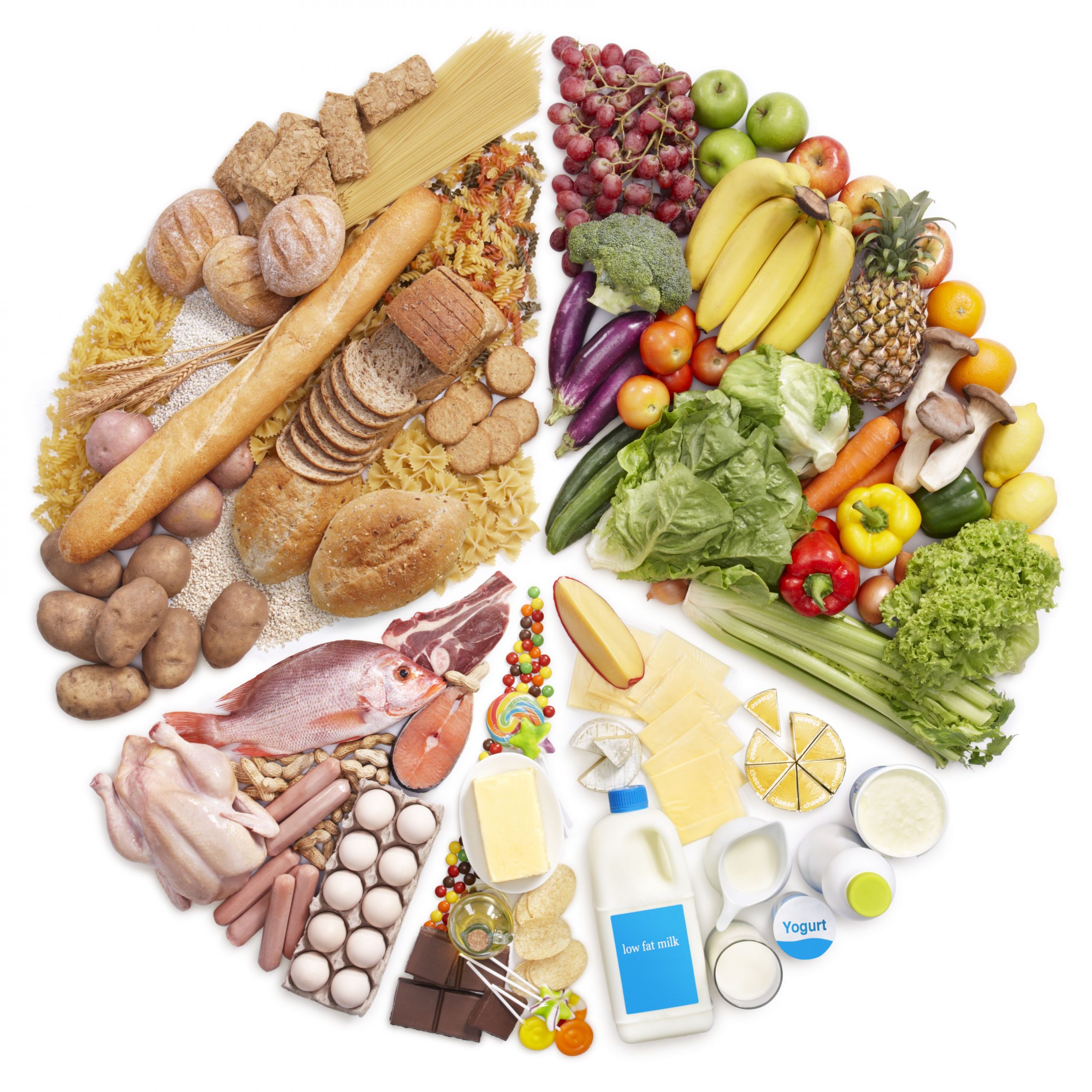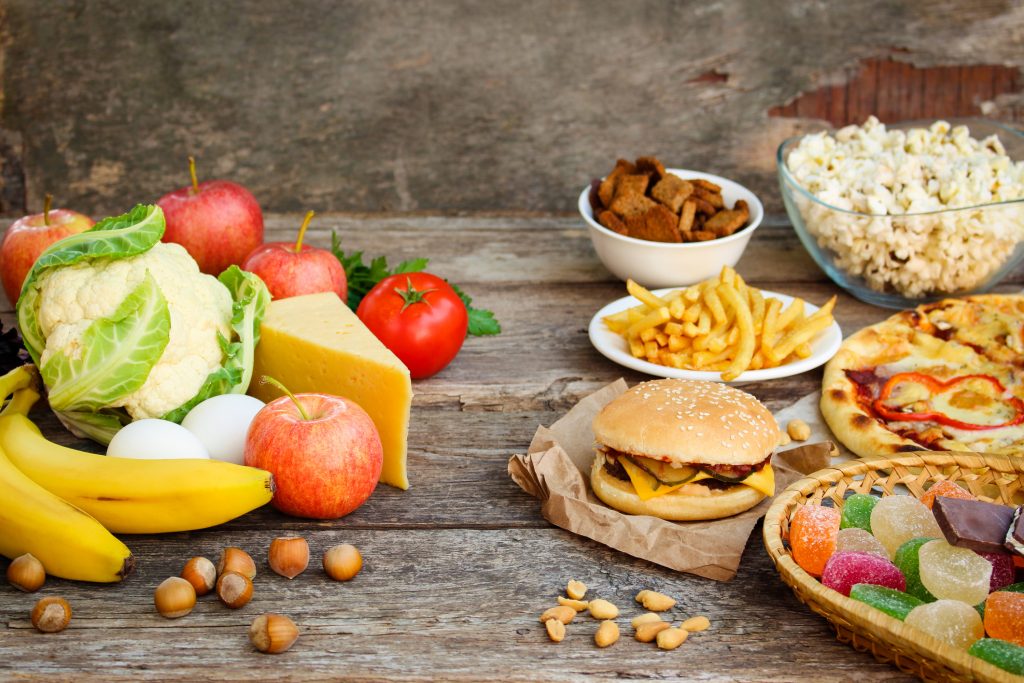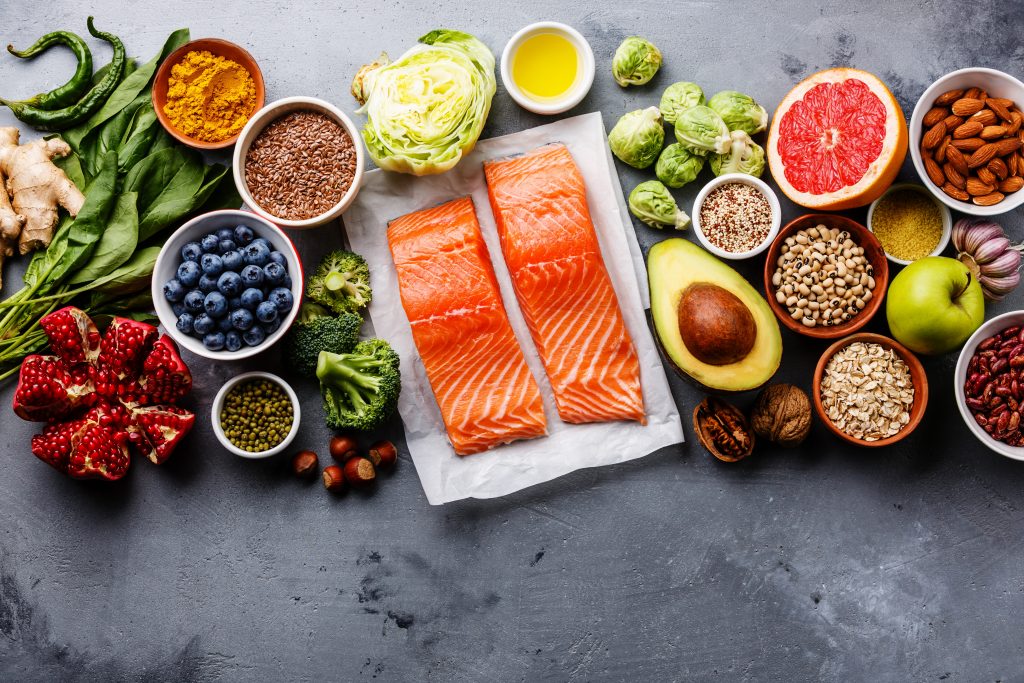Hello, sports enthusiasts and fitness fans! Today, let’s dive into a topic that’s crucial for anyone involved in sports or regular physical activity: nutrition. Whether you’re a competitive athlete or someone who enjoys a good workout, understanding how to fuel your body with the right balance of carbohydrates, proteins, and fats is key to optimizing performance and recovery.
The Role of Carbohydrates, Proteins, and Fats in Sports Nutrition
In the world of sports nutrition, carbs, proteins, and fats each play unique and essential roles. Carbohydrates are often the main energy source for most athletes, especially those engaged in high-intensity or endurance sports. They provide quick and efficient fuel for muscles and are crucial for maintaining energy levels during prolonged activities.
Proteins, on the other hand, are essential for the repair and growth of muscle tissue. After a workout or a sports session, proteins help in muscle recovery and reduce the risk of injuries. They are a key component for muscle strength, repair, and overall development.
Fats are sometimes underestimated in their importance for athletes. They are a vital energy source, especially during prolonged, lower-intensity exercise. Healthy fats also play a role in maintaining cell structure and the absorption of fat-soluble vitamins.
How to Properly Fuel Your Body for Sports
When it comes to eating right for sports, it’s not just about what you eat, but also when you eat. Prior to exercising, it’s important to consume easily digestible carbohydrates to ensure you have enough energy. This could mean eating a meal a few hours before exercise or a smaller snack closer to your activity.
Post-exercise nutrition is equally important. This is when your body needs proteins for muscle repair and carbs to replenish glycogen stores. A meal or snack that combines both, eaten within a couple of hours after exercising, can aid in recovery and prepare you for your next session.
Hydration is another key component of sports nutrition. Maintaining adequate fluid balance is essential for performance and recovery. The amount you need depends on several factors, including the intensity of your exercise, the climate, and your individual sweat rate.
A Balanced Diet for Athletic Performance
For athletes, a balanced diet is one that provides enough calories and nutrients to support their training while also enhancing recovery. This means including a variety of foods to ensure a good intake of all the necessary vitamins and minerals. Whole grains, lean proteins, healthy fats, and plenty of fruits and vegetables should make up the bulk of an athlete’s diet.
Conclusion
In conclusion, the right nutrition can make a huge difference in your athletic performance and recovery. Understanding the roles of carbohydrates, proteins, and fats, and knowing how to balance them in relation to your sport or exercise routine, is crucial. Remember, each athlete is unique, and nutritional needs can vary based on the type of sport, intensity of training, and individual health goals. So, listen to your body, and don’t hesitate to seek advice from a sports nutritionist to tailor a diet plan that best suits your athletic needs. Here’s to your health and performance! 🏋️♂️🚴♀️🏊♀️🍌🥩🥗🥛🍇🏃♂️🧘♀️🥦🍳🥑🍊🍉🌰🥒🥕🍋🍓🥗🧊🌞🛌🚴♂️🍴💧


